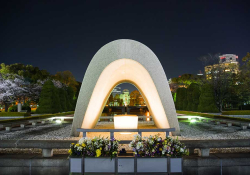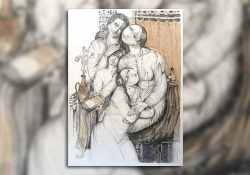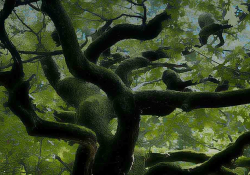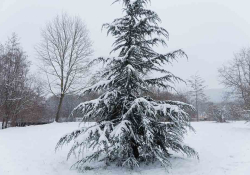Four Poems by a Polish Holocaust Survivor
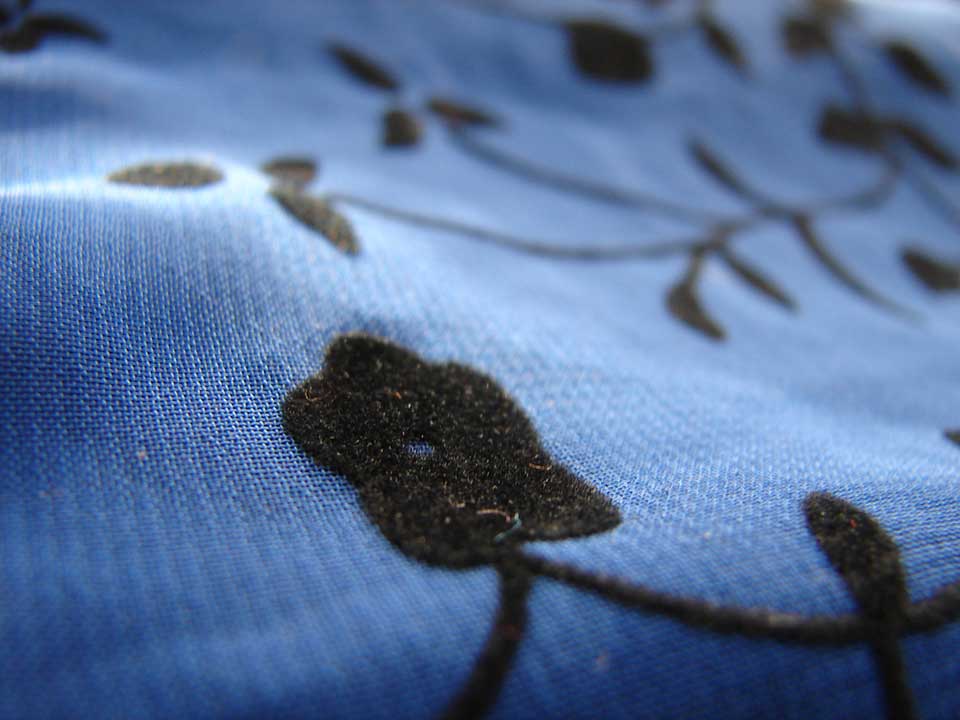
For more, read “The Renaissance of Zofia Romanowicz,” an essay by Alice-Catherine Carls.
The Circle
Lion fangs, bear claws,
The circle tightens around us
Suffering we wander under
The walls’ vigilant watch.
The terrible noose tightens,
The dark flood swallows us,
There is no name
For our martyrdom . . .
Birds captured by a net,
Does caught in the snare,
This is our terrible dance,
This our wild terror.
Today, as the melting snow
Happily splashes in the gutters,
We are still alive – like
Animals and plants at least.
Animals: when tomorrow
Is filled with suffering,
Listen to the birds’ squealing,
To the hoarse call of the deer.
Plants: when dawn first brightens
These dark windows,
We will warm our ashen faces
In the reflection.
Pińczów Prison, 1941
My Biggest Regret
It is not my youth that I shall most regret,
Or Mother, or you – neither the world nor springtime –
But the song that restlessly stirs within me
Waiting to unfurl like a sail.
The hardest part will be to die thinking
That the pain which rends my body
Will also slay the buried Word
Before it blooms on my lips like a flame.
Pińczów Prison, February 1942
Prepare Me a Dress . . .
Prepare me a dress, I’m coming back right away;
I left, but I shall return today or tomorrow,
I will want to strip off everything and put on only
What your kind hands give me at the door.
I shall want to rip everything off me, cast away
Everything that is too heavy, dirty, and bitter –
The dress you give me will smell of green peas
Its folds will wash over my body like water.
The dress will be blue like flowers by a stream.
It will surround me like a cloud, light and breezy –
Prepare me a dress, darling . . . I am certain
That I shall come back to you . . . very soon . . .
Ravensbrück, 1942
To My Little Girl
I’ll make a set of dishes for my little girl,
I think it will be lovely;
I’ll mold goblets,
I’ll turn plates,
I’ll paint it with wonders,
Suns, stars, birds –
How my little girl will clap her hands!
But if her little hand thoughtlessly
Bumps something and the set shatters,
Don’t cry, my little one.
Our life too is fragile!
More fragile than these goblets
With their painted stars –
Do you know – my heart is full of bloody shards . . .
Neu-Rohlau, 1944
Translations from the Polish
By Alice-Catherine Carls & Daniel Simon


